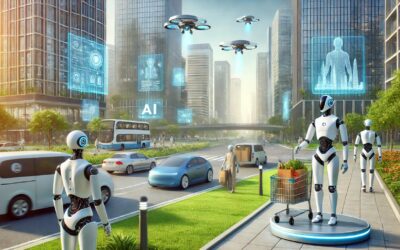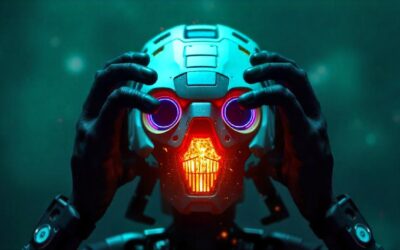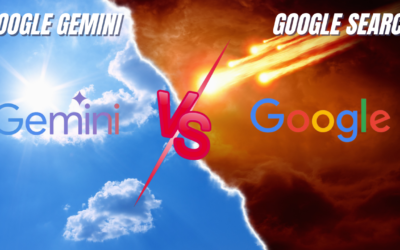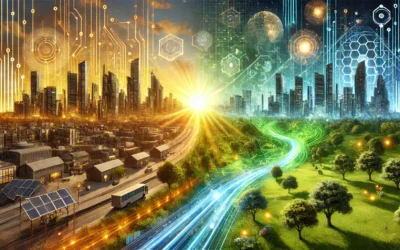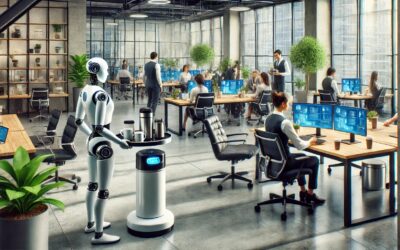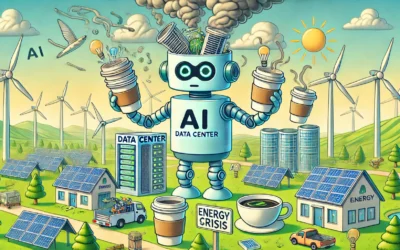Why Do We Sometimes Feel Smarter Than AI?
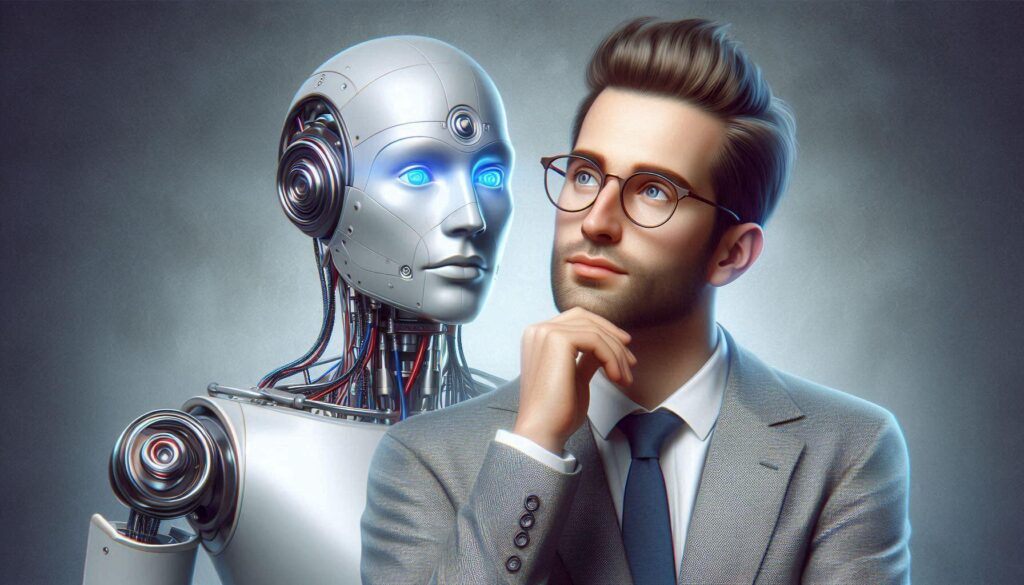
Artificial Intelligence has come a long way in transforming industries, automating tasks, and even providing us with insights that were once the domain of human expertise. Yet, despite its advancements, there are moments when we, as humans, feel smarter than AI. This sentiment is not just an illusion but is rooted in the fundamental differences between human cognition and machine processing.
Understanding the Human Edge
1. Intuition and Creativity:
Humans excel in areas where intuition and creativity play a crucial role. While AI can process vast amounts of data to generate ideas or solutions, it often struggles with tasks requiring a “leap of faith” or the ability to connect seemingly unrelated concepts. For instance, a poet crafting a metaphor, or an entrepreneur envisioning a business model from a vague concept, taps into a creative reservoir that AI doesn’t possess. When we use our creativity or rely on gut feelings to make decisions, it’s natural to feel a sense of intellectual superiority over AI.
2. Emotional Intelligence:
AI lacks emotional intelligence—the ability to understand, interpret, and respond to human emotions. This is a critical aspect of decision-making and interpersonal relationships. For example, in a negotiation or a customer service interaction, the ability to read the room, sense tension, or provide comfort based on empathy is uniquely human. When AI fails to recognize or appropriately respond to emotions, it reminds us of our own capability to do so effortlessly, boosting our confidence in our intelligence.
3. Common Sense and Contextual Understanding:
AI operates on algorithms and data, which means its “understanding” of the world is limited to what it has been trained on. Common sense, which often involves knowledge that’s too obvious or implicit to be explicitly coded, is where AI falls short. For example, a human knows that a cup on the edge of a table might fall if nudged; an AI might need explicit programming to recognize this scenario. This discrepancy can make us feel that our grasp of basic truths and contexts is something AI can’t quite match.
4. Moral and Ethical Reasoning:
Humans can weigh the nuances of moral and ethical decisions, considering not just the logical outcomes but the implications for society, culture, and personal values. AI, on the other hand, is bound by the rules and data it’s been given, often leading to decisions that might be efficient but lack ethical depth. This is particularly evident in AI-driven scenarios, such as autonomous vehicles making split-second decisions where the ‘right’ choice isn’t clear-cut. Our ability to ponder these complexities often reinforces the sense that we are smarter than AI.
The AI Advantage and the Human-AI Synergy
While there are areas where we outshine AI, it’s important to recognize that AI has its own strengths. AI can process vast datasets at lightning speed, identify patterns humans might miss, and execute repetitive tasks with high precision. The real power lies in the synergy between human intelligence and AI—leveraging our creativity, emotional understanding, and ethical reasoning with AI’s data-processing power and efficiency.
Conclusion
The feeling of being smarter than AI is not just a matter of pride but a reflection of the unique qualities that define human intelligence. AI is a tool—a powerful one—that complements our abilities rather than competes with them. By understanding where AI’s limits lie and where our strengths begin, we can better harness its potential while appreciating the irreplaceable aspects of human cognition.
